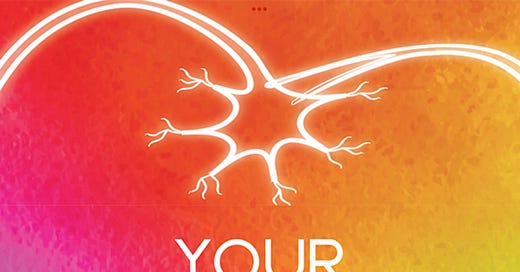"Joy," writes Christian counselor Leonard Matheson, "is the designated state of a faithful brain, fully integrated with God, within itself and with others. Joy erupts as we're fully engaged in the moment."
After retiring from Washington University in St. Louis, and teaching graduate students in counseling at Covenant Theological Seminary, Matheson and his wife Mary moved to Chico where he is now in private practice, the founding director of Chico-based EPIC Neurorehabilitation & Psychology Services.
Drawing on his work in occupational therapy and neurology, Matheson views Christian spirituality through the lens of brain science. Published in 2014, "Your Faithful Brain: Designed For So Much More!" ($19.95 in paperback from WestBowPress; also for Amazon Kindle), by Leonard Matheson, PhD, is a popular (and very personal) exploration of his findings.
Chapters explore characteristics of the faithful brain (grace-blessed, loving, truth-guided) and include summaries and discussion questions.
Though Matheson had pushed faith away, he writes that "God was placing in my life people who eventually would draw me back to Jesus, including Danny Munday" whom he met in "Rancho Los Amigos Hospital on the first day of my career, February 3, 1970."
Shrunken with spinal muscular atrophy (he would die at 15), Danny was totally dependent on others to remove the mucous from his lungs before he choked to death. Yet Danny was joyful; his goal in life was to kiss Jane Fonda (and it actually happened). Matheson learned of "the potential for joy up close to death."
Though people make decisions, not brains, a key insight into more faithful decision-making is the neuroplasticity of the brain; it can change and adapt. "As we practice following Jesus," Matheson writes, "our values begin as ideas we can consider and then test. ... As this process repeats, neuroplasticity gradually creates neural patterns of values that permeate the brain," developing "our character to gradually reflect the character of Jesus."
Such alignment is never perfect; we can't fathom all the possible neural combinations, Matheson says, since there are a "Godzillion" of them. But he is convinced that our brains can be rehabilitated and that we can live a life of joy, even up close to death.
Copyright Chico Enterprise-Record; used by permission



